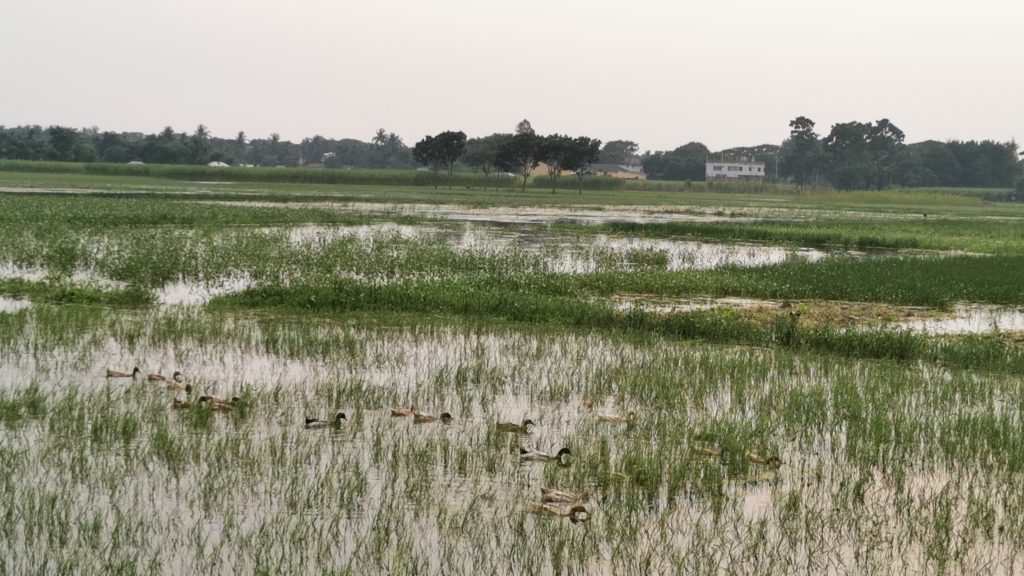Global warming, the most dangerous term of the coming times. Though it’s not a terrible thing as some may think but excess of everything is hazardous, so does this.
But seeing the obvious effects of global warming, the world is coming together to stop it before the excess damage. Apart from the obvious implications on people’s livelihoods, global warming is expected to have a significant and negative influence on human health. The people in the countries that have contributed the least to global warming are the ones who are most vulnerable to mortality and sickness caused by rising temperatures. The coasts of the Pacific and Indian Oceans, as well as those in Sub-Saharan Africa, will be more vulnerable to the health consequences of climate change.
According to the World Health Organization (WHO), climate change causes at least 150,000 fatalities every year, with that figure anticipated to quadruple by 2030. Global warming’s effects will have disastrous health consequences:
Infectious illnesses
Global warming, according to the IPCC, will impair human health, particularly in tropical areas. An increase in temperature in countries like Africa means an increase in mosquito populations, raising the danger of malaria, dengue fever, and other insect-borne diseases. Other parts of the country are also affected. The United States has had different amounts of malaria outbreaks, while the United Kingdom was hit by a legionnaires’ disease outbreak in 2006, a bacterial lung ailment linked to global warming.
Heatwaves
Long durations of extremely high temperatures can be dangerous to the health of vulnerable groups including the elderly and sick. This was seen during Europe’s 2003 heatwave, which claimed the lives of nearly 35,000 people. Scientists used computer models to illustrate how greenhouse gas emissions have increased the chance of heatwaves in research conducted by the Hadley Center for Climate Prediction and Research in the United Kingdom. Hyperthermia, often known as heatstroke, is the most prevalent side effect, which can be deadly if left untreated. According to the IPCC, global warming will result in scorching days followed by hot nights.
Lost Agricultural production
Droughts can aggravate living circumstances as a result of global warming, especially in Africa. Climate change, according to the World Wild Fund, may radically alter rainfall patterns, putting millions of people’s water and food resources in danger. Between 75 million and 250 million people in Africa would have no access to safe drinking water and proper food by 2020, as agricultural yields drop by nearly half, says IPCC. For Asia’s 130 million inhabitants, rising temperatures may result in food shortages.

